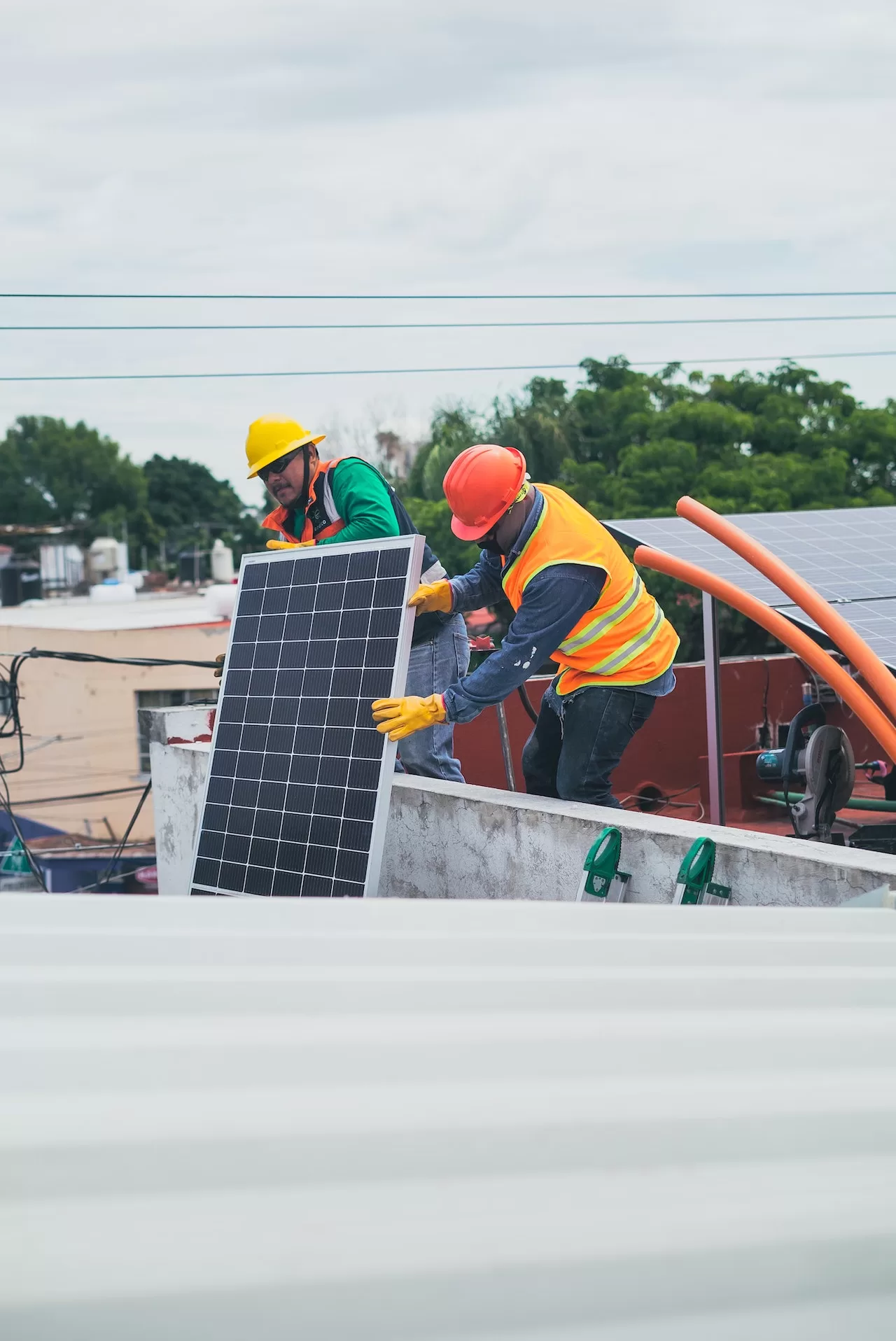With the rapid advancements in technology and a growing focus on environmental sustainability, solar energy has emerged as a practical and environmentally friendly solution.
By opting to install solar panels on your roof, you not only have the chance to decrease your dependence on conventional energy sources but also actively participate in the creation of a more ecologically conscious future.

This transformative revolution extends beyond electricity generation; it involves reshaping the very essence of how individuals power their homes and communities.
The Economics of Solar
When considering the adoption of solar energy, one of the significant advantages lies in economics. Solar power not only allows homeowners to save money on their energy bills but also presents opportunities for generating income.
One key aspect to consider in the economic analysis of going solar is the average cost to install solar panels in Dallas, which varies based on location.
By harnessing the power of the sun, homeowners can significantly reduce or even eliminate their reliance on traditional energy sources, resulting in substantial savings on monthly utility bills.
Solar panels generate electricity that can be used to power the home, offsetting the need to purchase electricity from the grid. As a result, homeowners can enjoy reduced energy costs over the lifespan of the solar system, which typically ranges from 25 to 30 years.
Moreover, many utility companies offer net metering programs, which allow homeowners to sell excess solar energy back to the grid.
This means that during periods of high solar production when the energy generated exceeds the household’s consumption, homeowners can earn credits or receive compensation for the surplus energy they contribute to the grid.
Net metering programs enable homeowners to offset their energy costs further or potentially generate income from their solar investment.
Read Also :
Another economic benefit is the potential increase in property value. Studies have shown that homes equipped with solar panels tend to have higher resale values.
Buyers are often attracted to the prospect of reduced energy bills and the environmental benefits associated with solar energy, making solar-equipped homes more appealing in the real estate market.
The Benefits of Solar Panel Installation on Your Roof
Installing solar panels on your roof offers a multitude of benefits that go beyond simply generating renewable energy. Here are some key advantages of solar panel installation:
-
Reduced Energy Costs
By harnessing the power of the sun, you can significantly reduce your reliance on traditional energy sources and lower your monthly electricity bills. Solar panels generate electricity that can power your home, reducing the need to purchase electricity from the grid.
-
Environmentally Friendly
Solar energy is a clean, renewable energy source that produces no greenhouse gas emissions or harmful pollutants.
By using solar power, you can reduce your carbon footprint and contribute to a more sustainable future, mitigating the impact of climate change.
-
Energy Independence
With solar panels on your roof, you become less dependent on the grid.
This energy independence provides stability and security, particularly during power outages or disruptions in the utility supply.
You can have peace of mind knowing that you have a reliable source of energy.
-
Increased Property Value
Homes equipped with solar panels often have higher resale values. Buyers are attracted to the prospect of reduced energy bills and the environmental benefits associated with solar energy. Solar panel installation can enhance your property’s appeal in the real estate market.
-
Long-Term Savings
Solar panels have a lifespan of 25 to 30 years or more. Over their lifetime, they can generate significant savings on your energy bills. Once you recoup the initial investment, the electricity generated by your solar panels becomes essentially free.
-
Low Maintenance
Solar panels require minimal maintenance. Regular cleaning to remove dust and debris is usually sufficient. Also, reputable solar panel manufacturers typically provide warranties that cover their products for many years.
-
Community Impact
By installing solar panels, you contribute to the growth of renewable energy in your community. Your commitment to clean energy inspires others to consider solar power, helping to create a more sustainable and environmentally conscious society.
Making Solar Power Accessible to All
While the benefits of solar power are undeniable, there are several barriers that can hinder its accessibility for all individuals and communities.
However, efforts are being made to overcome these barriers and ensure that solar power is accessible to everyone.
-
Financial Solutions
One of the main barriers to solar power adoption is the upfront cost of installation.
To address this, various financing options are available, such as solar loans, power purchase agreements (PPAs), and leasing arrangements.
These options allow homeowners and businesses to install solar panels with little or no upfront costs and pay for the system over time through energy savings or fixed monthly payments.
-
Incentive Programs
Governments and utilities offer financial incentives to encourage solar power adoption. These incentives can include tax credits, grants, rebates, and feed-in tariffs.
They help offset the initial installation costs and make solar more affordable for a broader range of individuals and organizations.
-
Community Solar Programs
Community solar initiatives enable multiple participants to benefit from a shared solar project.
This allows those who cannot install solar panels on their own roofs, such as renters or individuals with shaded roofs, to access solar energy.
Participants can subscribe to a portion of the project’s output and receive credits on their electricity bills.
-
Education and Outreach
Increasing awareness and understanding of solar power is crucial for its widespread adoption.
Educational programs and community outreach initiatives are being implemented to provide information on the benefits of solar energy, financing options, and the installation process.
-
Policy and Regulatory Support
Governments and regulatory bodies play a vital role in creating an enabling environment for solar power.
Supportive policies, such as renewable energy targets, net metering, and streamlined permitting processes, help reduce barriers and encourage solar adoption.
Advocacy efforts are also pushing for equitable solar policies that benefit low-income communities and underserved areas.
-
Industry Innovation
Continued advancements in solar technology and installation practices contribute to reducing costs and increasing efficiency.
Innovations such as integrated solar systems, flexible solar panels, and improved energy storage solutions make solar power more accessible and adaptable to diverse environments and needs.









